Three more health boards are under pressure to meet health visiting targets for new mums and babies after we revealed families in Angus will have to wait up to a year for check-ups.
Charities and nurses warn of the “hugely alarming” impact shortages could have on child welfare and maternal mental health.
Health visits allow highly trained professionals to visit a family’s home and check on the development of the child, as well as look for signs of abuse or distress.
Campaigners say they can often be the difference between struggling parents getting the support they need or hitting crisis.
But official figures show the number of health visitor students in Scotland has collapsed by more than half in recent years.
Parents told no visits for a year
Parents in Angus have been told their babies could be without visits for up to a year between their three-month check-up and when they are between 13 and 15 months old because of “significant staffing pressures within the service”.
It means they will miss out on four-month and eight-month visits – a key stage in the baby’s development that includes the introduction of solid food.
NHS Tayside said a recent hire in its Arbroath team means a full service will be able to resume but did not say when this will be.
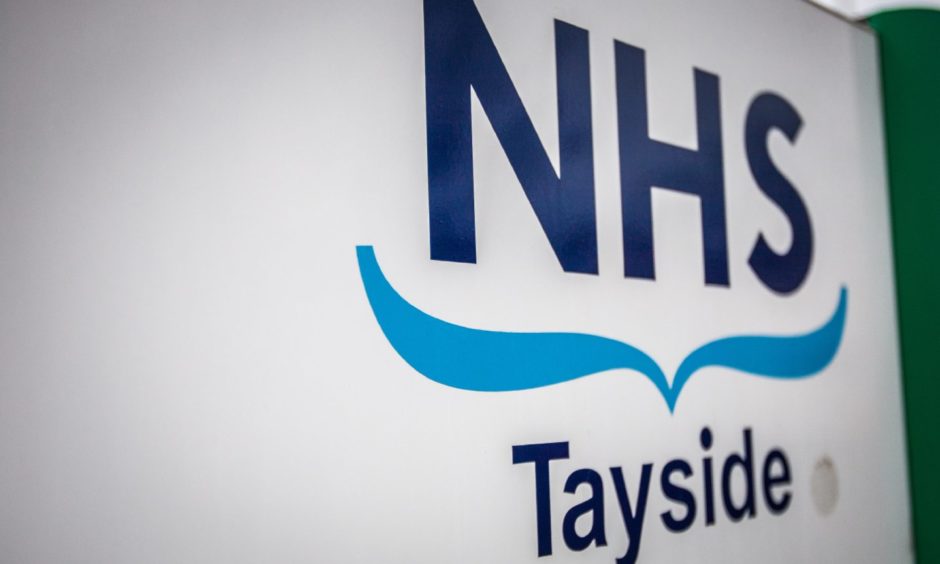
We can reveal at least three more health boards are also failing to fulfil the Universal Health Visiting Pathway – the minimum standard for home visits set out by the government.
The programme consists of 11 home visits to all families – eight within the first year of life and three Child Health Reviews between 13 months and four to five years.
NHS Grampian told us universal delivery of these visits “is not taking place in all areas”.
The health board said all families receive support during the first few weeks of their baby’s life and all essential follow-up is arranged, with child protection prioritised.
However, it said it does not have information on how or where local services are failing to meet the targets set out by the Scottish Government.
NHS Lanarkshire said it has implemented the health visiting pathway “with at times temporary amendments due to workforce challenges”.
NHS Forth Valley said it has “experienced workforce challenges in this area” and has invested significantly in health visits over recent years.
It is now able to “deliver the universal pathway contacts for all children with slight adjustments, if required”.
Meanwhile, a health visitor working in Greater Glasgow and Clyde told us she is covering for another area on “amber” alert due to staffing.
She said three and four-month health visits have been combined, with eight-month visits now being conducted over the phone.
‘Hugely alarming’
Laura Seebohm, chief executive of the Maternal Mental Health Alliance, described the situation as hugely alarming.
She said: “Failing to provide essential check-ups not only puts infants’ wellbeing at risk but also raises serious concerns for the one in five mothers experiencing maternal mental health problems.
“Health visitors are uniquely placed to spot emerging concerns, show compassionate understanding and help new parents access the care they need to recover.
“Immediate action and creativity is needed to address this crisis and provide sometimes lifesaving support during this critical period.”
Eileen McKenna, associate director of the Royal College of Nursing Scotland, said the problems facing health visiting are further evidence of a nursing workforce crisis.
She said: “These specialist nurses play a crucial role in supporting parents and babies through the early years and in ensuring Scotland’s children have the best start in life.
“The reports of families not receiving the visits they should under the universal pathway and of gaps in the health visiting workforce are extremely concerning.
“Regular visits are essential to ensure any health concerns are picked up quickly and that any additional support needs can be identified and acted on.
“Health visiting teams should have the right number of qualified health visitors, registered nurses and support workers to make sure they can meet the needs of their communities.”
Drop in health visitor students
NHS Education for Scotland figures over the past decade show the number of health visitor students was steadily increasing until it reached a high of 305 in 2017.
But that number has plummeted every year since and reached a low of 146 in 2021 – the most recent available figure.
Scottish Conservative health spokesman Sandesh Gulhane said: “It’s deeply concerning and totally unacceptable that babies and mums in several health board areas are being denied these crucial visits because of staffing shortages.
“They are an essential means of tracking both the development of the infant and for potentially spotting signs of postnatal depression in mothers.
“It’s a damning indictment of the SNP’s mismanagement of Scotland’s NHS that health boards simply don’t have the resources to provide what is supposed to be a ‘universal’ service.”
“Humza Yousaf and his distracted, discredited health secretary Michael Matheson should be ashamed of leaving dedicated frontline staff and families in the lurch – and intervene to put it right immediately.”
What does the government say?
Last night, the Scottish Government said the vast majority of eligible children are receiving key health visitor contacts between 10 days and five years of age.
The most recent figures from Public Health Scotland show almost 4% of babies of aged 10-14 days did not receive these visits.
That increased to more than 8% for 6-8 weeks, more than 10% for both 13-15 and 27-30 months, and almost 23% for children aged 4-5 years.
The Scottish Government said: “Health visiting remains a universal service and teams across Scotland work hard to deliver this entitlement.
“Latest published data shows the vast majority of eligible children are receiving key health visitor contacts between 10 days and five years of age.
“We invested over £40 million from 2014-2018 to recruit an additional 500 health visitors and following this investment their numbers have remained largely stable.
“We continue to work closely with health boards to monitor the delivery of the Universal Health Visiting Pathway and to best ensure young families get the support they need.”
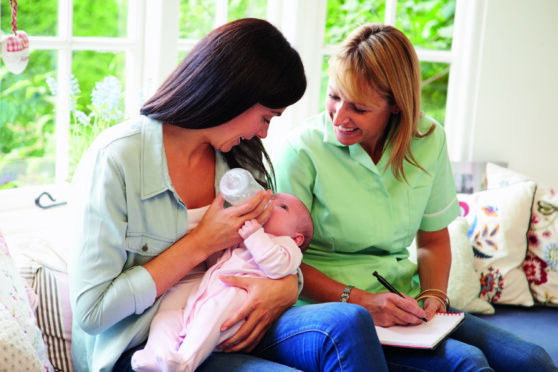
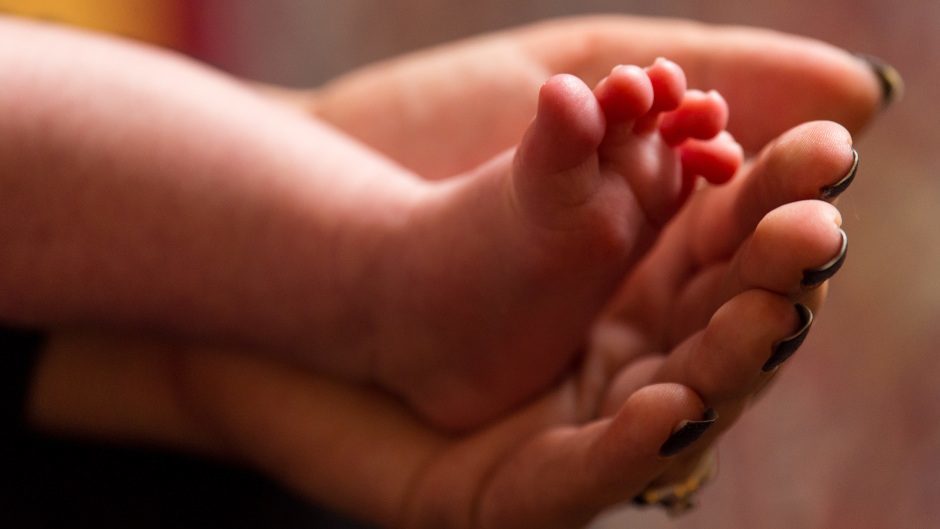
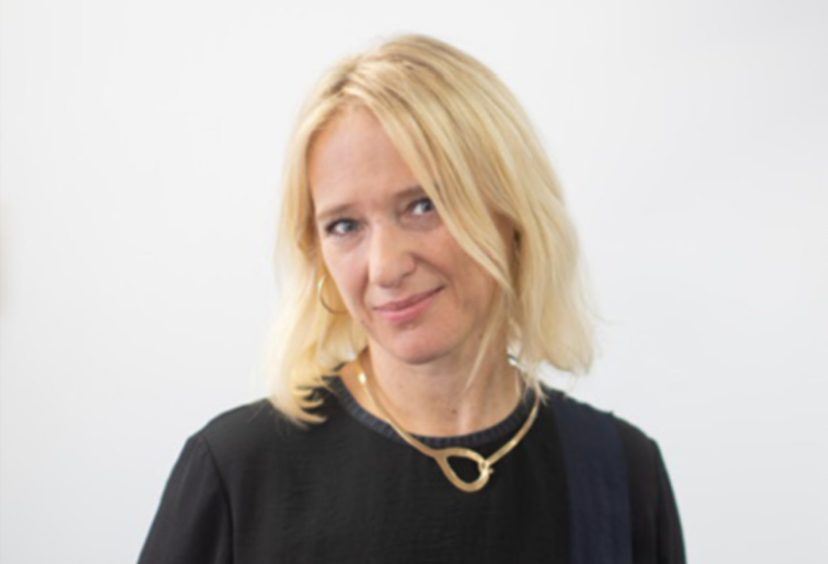
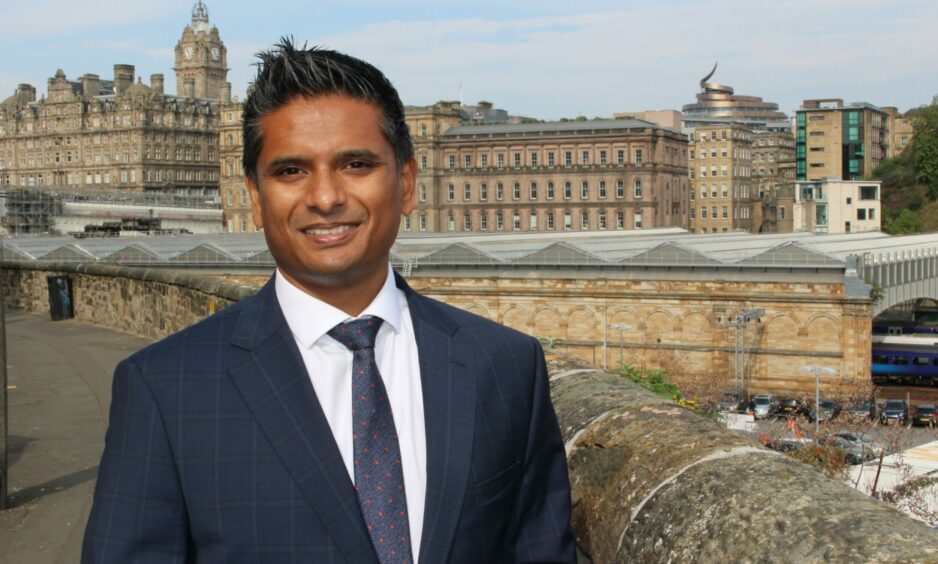
Conversation